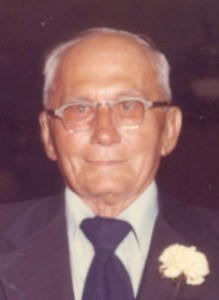There’s nothing like a good bowl of Chili…
Ingredients
1 lb ground beef
1 cup chopped onion (optional)
1 clove garlic, minced (optional)
1 tbsp Gebhardt Chili Powder
2 tsp ground cumin
1 tsp salt
1 (32 oz) jar Picante Sauce (pick your heat – Mild, Medium, Hot)
3 tbsp masa harina or flour (optional)
¼ cup water (optional)
Directions
1. In a skillet, brown ground beef, chopped onion (optional), and minced garlic (optional).
2. Combine ground beef mixture, Chili Powder, ground cumin, salt and Picante Sauce in a slow cooker.
3. Set on low and cook for 8 hours, stirring occasionally.
4. For thicker chili (optional), combine masa and water.
4a. Pour mixture evenly over the chili and mix.
4b. Cook for an additional 15 minutes.
Prep Time: 20 minutes
Cook Time: 8 hours and 15 minutes
Description
So what’s so “German” about Chili?
Chili power was invented by a German Immigrant by the name of William Gebhardt. He developed his mixture of ground chili and spices in a small restaurant in New Braunfels, Texas. Since chiles were only available after the summer harvest, chili was only a seasonal food during that era. Gebhardt solved the problem by importing Mexican ancho chiles, grinding the peppers through a small home meat grinder three times, and then dried the ground pepper into a powder. The resulting mixture could be used to serve Chili year-round. Gebhardt moved to San Antonio in 1890 and registered Eagle Brand Chili Powder in 1896. The Gebhardt brand of chili powder is today regarded by many chili cooks as a premium chili powder and specified by name in their recipes.
This recipe won the 2004 IBM Austin Linux Technology Center chili cook-off.

